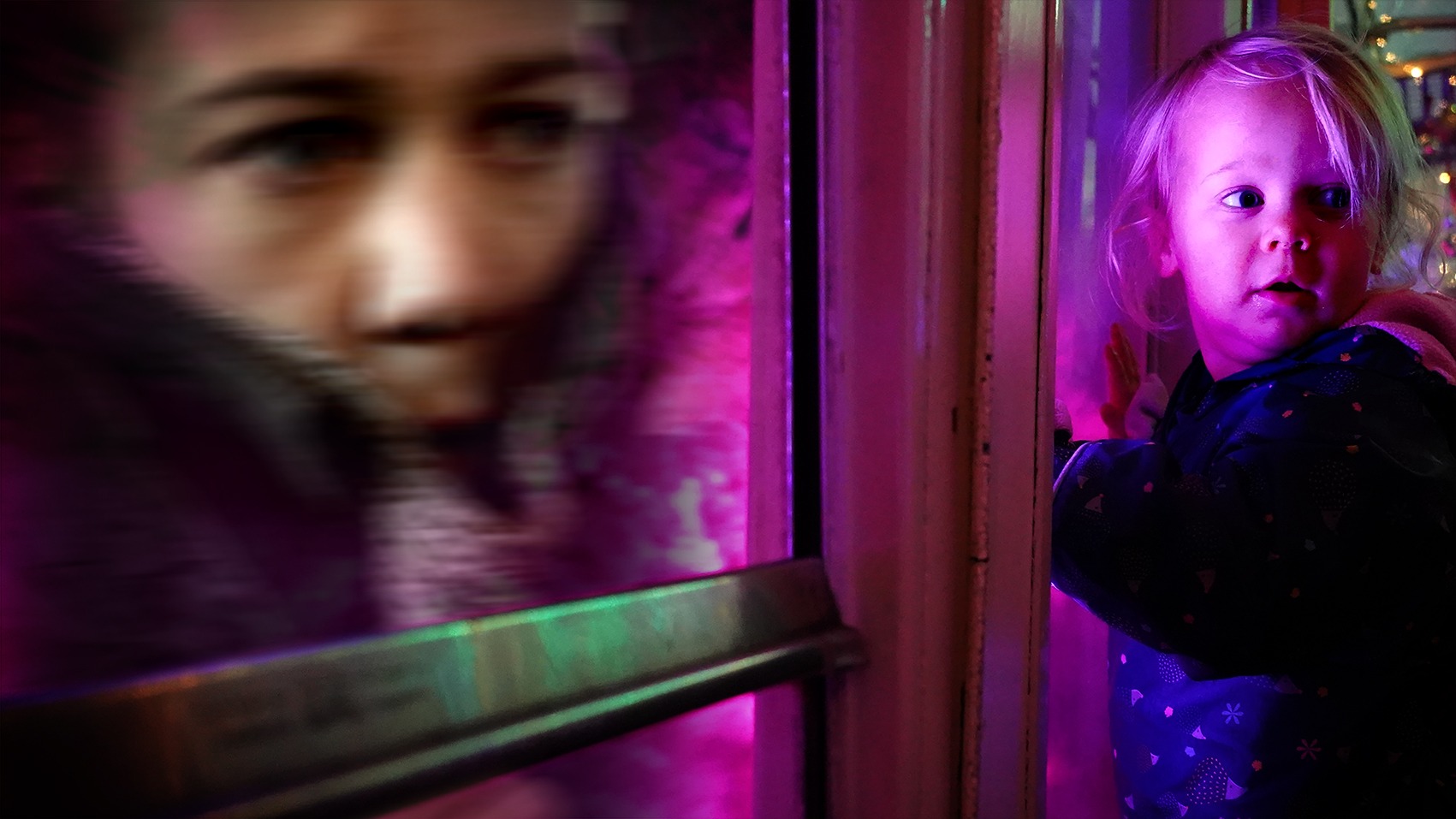It’s getting colder, we can feel it in our bones. Christmas and the winter festive period approaches and our moods are changing. As we prepare for our family get together, we must again concede we are a family that is not as complete as it should be.
Two weeks into the New Year we’ll also be navigating our way round the anniversary of Joshua’s death on 16th January. This was twelve years ago now. Twelve heavy years, twelve years in which Josh has not had life, and twelve years that we wished we hadn’t had to endure. But we have. And we’ve found out things we would never have done if he hadn’t died.
We’d like to offer you some of our thoughts about how to manage what maybe some complex and possibly contradictory emotions to do with grief during the holiday season.

Grief teaches us in ways that those who have not known it may find surprising.
We speak from our own experience, but we’ve learnt not to avoid painful feelings or to deny the impact that his death has had on our lives.
We’ve learnt that there is no point at which we will not grieve, more that it is possible to continue to love and have an on-going relationship with someone even while they are not physically present.
We are our grief.
From this follows our understanding that grief is a dynamic condition – it changes us and our relationships with others.
Significantly we’ve learnt that our grief isn’t something that has happened to us as much as it has become us… or we have become our grief. It’s the blood in our veins and the oxygen we breathe.
If the trauma of our son’s death has left a vacuum in our lives, healing the wound has inevitably been a process of making things anew; writings, stories, pictures, new friendships and relationships even; all things that did not exist and couldn’t have existed had he not died.

An ancient thought.
Ours is an active grief and as much as we make real time choices in life generally, so we try to make anything we do in grief intentional and with purpose.
This is an ancient thought. To quote Francis Weller … “we must be willing to look into the face of loss and keep it nearby. In this way, we may be able to honour the losses and live our lives as carriers of their unfinished stories”. (The Wild Edge of Sorrow)

The beat goes on … Joshua’s niece Martha
The continuing bond.
Those who have joined us on one of our ACTIVE GRIEF WEEKEND retreats will know that our use of photography has become central to conveying that sense of a continuing relationship with Josh, allowing us to create new images which, yes include him, but also speak to where we are in grief now.
For us finding a way to incorporate photographs of Joshua into new photographs that represent the way we think about him now has become an important aspect of our family life. This is particularly true when it comes to special occasions, birthdays, death days, Christmas and other national holidays. But it has also helped us understand the way grief works generally.
If Josh’s death produced a void in our lives and these new photos are our attempt to ‘fill that void’, it follows that our grief is almost by definition a creative process.
This is in tune with contemporary thinking about grief and mourning which has shifted from the recommendation to ‘move on’ and to detach oneself from the deceased to an appreciation that they are and will always remain an integral part of the lives of the bereaved, and that finding new and imaginative ways of honouring and sharing them is a perfectly natural and healthy response.

Reframing grief – by Jessica Turrell (image made on our Active Grief Weekend)
Reframing grief – by Niki Davies (image made on our Active Grief Weekend)

Reframing grief – by Kate Philp (image made on our Active Grief Weekend)
Grief of course is not just a personal concern.
It needs to be shared. We are grateful and find comfort from knowing that Josh did not experience a brutal or savage death. He didn’t die at another’s hand, starve to death through impoverishment, or become a casualty of war or famine. Yet as we celebrate his life and what he still means to us, we are conscious of a world that has become increasingly violent and unstable.
How do we cope (especially at times like Christmas and the New Year) with news of so many thousands of deaths and all the agony and suffering of families caught up in the wars in Europe and the Middle East? How can we respond or make sense of these horrors that currently saturate our news feeds? Especially as opinions will divide even those not directly involved.
Is it possible to lament both sides of these conflicts? As bearers of our own personal tragedies, is it possible to grieve remotely for the Israeli teenager gunned down at a rock festival or a Palestinian parent as she pulls her dead child from the rubble of their home, a parent we will never meet and can never know?
An undercurrent of grief.
In the lead up to this year’s festive season, there is inevitably an undercurrent of grief, both for our personal losses and for all those whose lives have been torn apart by conflict. With so much suffering and loss around the world it’s natural to feel a sense of guilt and remorse about celebrating.
If you find it challenging to engage in traditional holiday celebrations, it’s okay. Everyone copes differently, and there’s no one-size-fits-all approach to navigating grief and complex emotions – frustration, anger and survivors’ guilt to name a few. It’s important to try and acknowledge these feelings, to talk about them and support one another in what after all is a shared experience and a testament to your empathy, your awareness and your compassion.

Remembering Joshua at Christmas time
Some Holiday Reminders for families grieving after the death of a son or daughter
Whether this is your first Christmas as a bereaved parent or sibling or you are grieving a loss from many years ago, here are a few gentle reminders for living with grief over the festive holidays.
1/ Be kind
Practice self-care and loving presence and be kind to your body and spirit, allowing yourself to feel everything you need to feel. Grieving makes us human- it means we loved deeply and fell hard.
2/ Be accepting
It may be the “most wonderful time of the year” at one moment, but joy and happiness can evaporate, shifting to pain and sadness without warning. Give yourself permission to feel, live and breathe these emotions whenever they arise – place no parameters on them.
3/ Be connected
Take time on Christmas morning to honour rituals already in place or create a new tradition to honour and celebrate the life of your child. Maybe it’s taking time to share photos, to hang their stocking and raise a glass to their legacy.
4/ Be charitable
Honour your child by giving something back. Source a charity that has a connection to your child or their interests and make a donation in your child’s name.
5/ Be Safe
Wherever you are in the world, whatever social or religious customs your adhere to, be mindful of yourself and others. Create a safe space to mourn and accept and allow joy to enter when it does.

Following a bereavement event at Exeter university last month in which we were invited to share the stage with The Archbishop of Canterbury, Justin Welby kindly sent us a thank you letter. Justin’s baby daughter Johanna died in 1983. He writes:
“Through your honesty, vulnerability and creativity you offer such a gift to those who are grieving. In hearing your story of grief and mourning, of remembering and inhabiting loss, many people sense a fresh solidarity, a verbalising of what they have experienced but didn’t know how to talk about, and a knowledge that they are not alone. And this brings hope. …It was a privilege to be there and an honour to engage in conversation with you.”
Status is no barrier to those that grieve.
OUR NEXT RETREAT (10th-12th MAY 2024) IS NOW FULLY BOOKED, BUT THERE ARE STILL PLACES AVAILABLE FOR THE FOLLOWING ONE 13th – 15th SEPTEMBER 2024






